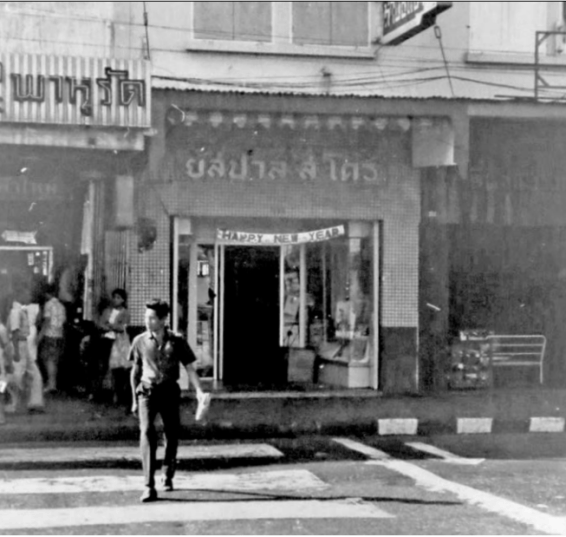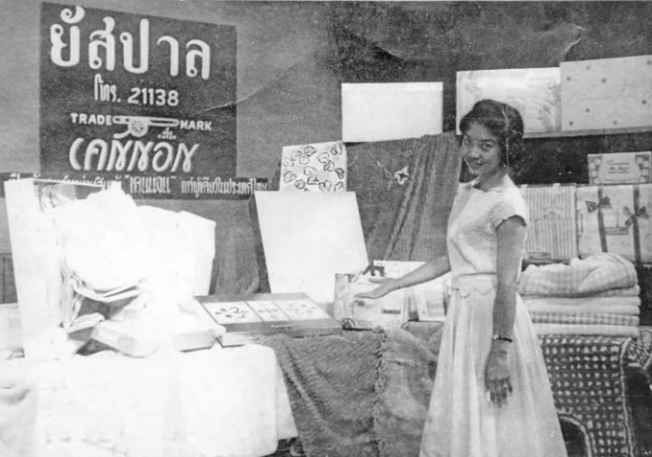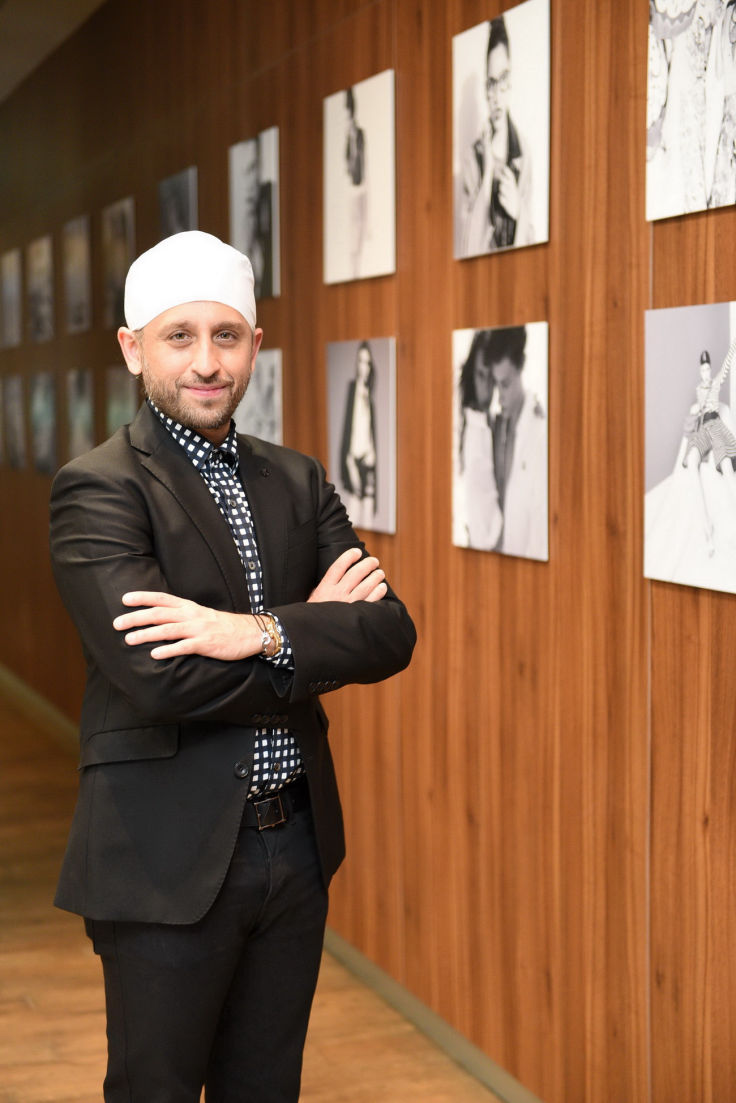Jaspal deftly negotiates the challenges of sustainable branding and succession
- By Parisa Pichitmarn -

Just like the United Kingdom with the Arcadia Group and Japan Fast Retailing, Thailand has enjoyed the constant thread of Jaspal Company Limited.
It can be argued that every country should have its own home-grown ready-to-wear empire that can offer a range of fashionable, reasonably-priced clothes nation-wide. How else would people be able to wear a toned-down version of trends seen on the high-end runways?
In the days before international fast-fashion brands like Topshop and Uniqlo reached Thai shores, Jaspal was a local staple keeping Thai fashionistas well-dressed since 1972.
The company was founded in 1947 by Jaspal Singh, an Indian immigrant who had come to Thailand with nothing.
The patriarch of the Singhsachathet family started out importing terry cloth and bedding from the United States. It was his sons who would later push forward with importing fashion and accessory brands before starting their own ready-to-wear label Jaspal at Siam Center in 1972.
Back then, the brand faced little competition from other local fashion retailers, be they Greyhound, Soda, Domon or Theatre. However, after the 1997 financial crisis and devaluation of the baht, and because importing goods from abroad became more difficult and costly, the company shifted its focus to its own in-house products.
“There were a lot of taxes and it didn’t match our buying power,’’ said Viseth Singhsachathet, Assistant Managing Director of Jaspal Company Limited and the 3rd generation heir.
“The brands we were bringing in were high-priced and not so many were approachable, so we wanted to focus on our own brands.’’
Some of the ready-to-wear fashion lines under the Jaspal group include: CPS CHAPS, CC DOUBLE O, LYN, LYN AROUND, MISTY MYNX and Royal Ivy Regatta labels.
“Back then when we started LYN, there was no one in the middle market that did clothes, bags and shoes that looked nice. They were either very expensive or very cheap—there was no in-between of a boutique look with good value.”


Today, a handful of other fashion lines under the Jaspal umbrella exist to cater to different lifestyles, whether one is a beach girl, yoga devotee, classy office worker or someone who prefers American casual.
With hundreds of stores all over the country, the family-run, medium-sized organisation has been increasingly proactive in hiring professionals to solidify their back-end structure.
“We didn’t have many systems and my father did everything by himself,” Viseth said about how the business was managed in the old days.
“But along the way, that’s changed because we realised that an organisation structure has to be sustainable — we can’t depend on someone alone. The company needs to be able to continue on if something happens to that someone. In the past four to five years, we’ve brought in professionals in logistics and finance — before we didn’t have a CFO.”
A chief finance officer is clearly what any business would need in order to survive any more catastrophes like 1997. For Viseth, going through the scalding Tom Yum Goong crisis was by far one of the most trying challenges for the company.
“Before that, no company had ever faced such a crisis so we never had an investment plan about what to do for risk management. Companies that want to survive need to have a crisis plan and stock management. Make sure your stock is not overloaded because clothes are not gold and with each day, their value decreases,’’ is how Viseth explained the lessons learned. The very fickle nature of fashion and his father’s teachings have kept Viseth abreast with current trends.
“He always taught us that in the business of clothing, trends always change,” he said.
“We cannot stick to what sells and hope to just sell that alone. Since my father and uncle’s era, they always focused on investing in marketing, brand building and renovating stores so they looked new, modern and functional. Now we monitor our brands and remap them every five years to make sure they are still relevant and fresh.”

Viseth Singhsachathet
The third-gen businessman believes he was lucky to have joined the company when it had already achieved a certain level of success, rather than having to start at zero.
Yet, with an increasingly digitalized retail landscape, he predicted that his future challenges will be in creating a strong online retail competence, alongside selling offline in physical stores.
“Now there are so many competitors in the same price range and quality. Our competitors are not just in the mall anymore— anyone selling clothes online around the world can be a competitor.”
Within his lifetime, Viseth dreams of Jaspal growing into at least a regional player, a preferred choice for consumers outside Thailand who share similar lifestyles, climate and body shapes.
“Family business studies say [businesses] don’t survive past the third generation,” he said with a laugh. “We’re keeping in mind that it’s global research, that if we don’t manage it well now, we won’t survive into the fourth or fifth generation. It’s a big challenge my generation has to deal with.”

Tag

Tag

Tag

Tag

Tag

Tag
SHARE THIS PAGE!